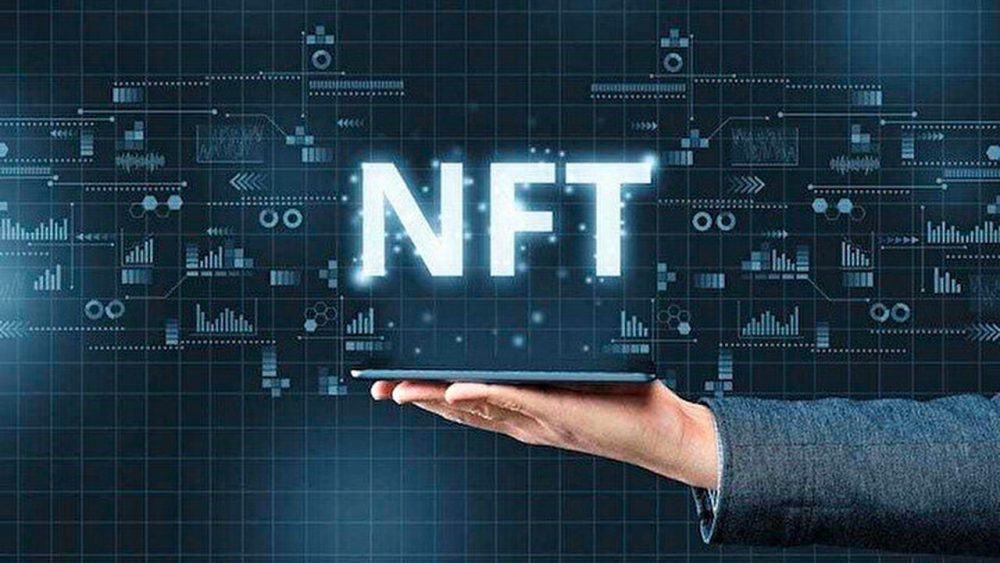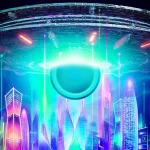Leading with Blockchain technology NFT, experiencing rapid adoption legal processestriggered its operation.
As technology evolves, new developments and new initiatives emerge. Cryptocurrency and blockchain technology, which started under the leadership of Bitcoin, has opened the door to different sectors over the years. Metaverse and NFTbecame the most popular of these sectors. NFT attracted great attention as it brought traditional art together with the digital environment. The rapidly adopted NFTs also made us wonder about the legal dimensions and regulations.
NFT and Legal Dimension
Special news by Sena Karakılıç from BTCHaber, rapidly developing and increasing in use. Legal processes of NFTstook it.
BTCNewsAccording to the Law No. 5846 on Intellectual and Artistic Works (Law No. 5846), issues such as copyright and personal rights have not been created yet, as no separate regulation has been established for NFTs. FSEK) are under investigation.
Within the scope of FSEK, the legal rights of the authors to protect or obtain their copyrights are divided into three. These are considered moral rights, financial rights, and judicial rights.
Receiving the opinions of experts on this subject BTCNews, Lawyer Eve Yildiz, Lawyer Mutlu Yıldırım Köseand Lawyer Tugsan YilmazConducted an exclusive interview with
The Backside of NFT Development: Legal Processes
The popularity and adoption on the NFT side is increasing day by day. People started to buy different and interesting collections with their own blockchain signature.
Commenting on issues such as ownership and copyright of NFTs Lawyer Havva Yıldız said;
“When the disputes arising in the world and in our country are examined, we see that NFTs are evaluated in terms of different areas such as property law, capital market law, intellectual property law. In this context, the decisions given by the British, Chinese and Singaporean Courts, which led to the conclusion that NFTs could be considered as “assets within the scope of the right to property”, showed us that the courts proceeded within the framework of basic legal rules and brought interpretations to the situations related to NFTs.
In addition, the courts stated that NFTs would be expressly protected under current regulations and laws. This gives confidence to NFT rights holders.
Rights violations by NFTs were also at the focal point of legal processes. Hunting. Happy Yildirim Kose, underlined that developing NFT products are subject to a lot of rights violations. Cornerargued that NFT creation and development rights should belong to the creator of the digital work.
NFT Regulations and Litigation Size

In general, it is often talked about the need for regulation and supervision of digital assets. In particular, recent crypto events have also fueled these regulatory discussions.
Evaluation and regulation of NFTs has been a matter of curiosity. In this context Lawyer Tugsan Yilmazstated that NFTs should be examined in a different category from other digital asset products because they contain the concepts of uniqueness and originality.
Moreover Yilmaz, stated that in accordance with the Law on Intellectual and Artistic Works and legislation in Turkey’s legal system, legal processes should be followed to solve the problems.
Sharing his views on the subject Yilmaz, said:
“The Law on Intellectual and Artistic Works of NFTs (FSEK) 1/B. If the article meets the definition of a work, it is possible to accept that it is under legal protection. In this article, the concept of work is defined as “any kind of intellectual and artistic product that has the characteristics of its owner and is considered as works of science and literature, music, fine arts or cinema”.
Hunting. Eve StarHe also stated that the need for regulations on this issue is on the table. Star, stated that there is no clear approach to the legal status of NFT products.
Disputes regarding NFTs in Turkey have not yet reached the level of court. However, the conversion of Cem Karaca’s portrait to NFT without the permission of his descendants turned into a lawsuit.
The conversion of Cem Karaca’s portrait to NFT and its sale via OpenSea was sued by the artist’s descendants. The court decided to block the sale of NFTs on the platform.
Commenting on the subject Hunting. Mutlu Yıldırım Köse said;
“ In addition to being the first court decision regarding NFTs in Turkey, this ongoing dispute clearly demonstrated that NFTs can be the subject of interim injunctions.”




